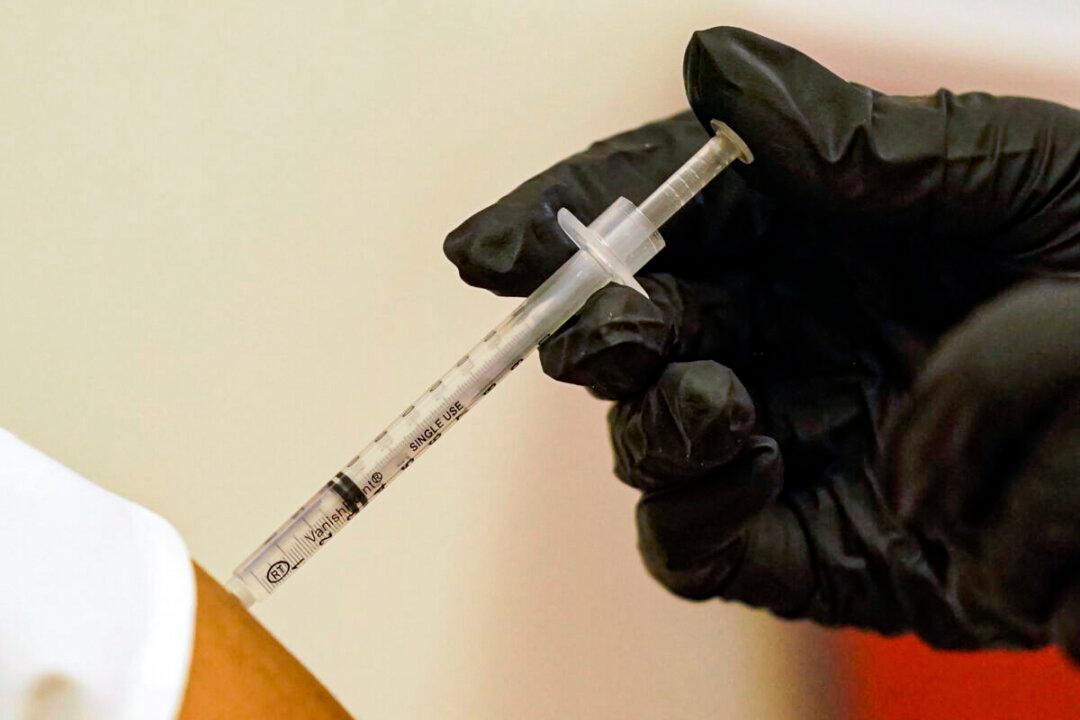A U.S. health agency is looking for volunteers for a study of allergic reactions to the two COVID-19 vaccines built on messenger RNA (mRNA) technology, though several people who experienced reactions say interested people should not enroll.
The National Institute of Allergy and Infectious Diseases (NIAID), an office within the National Institutes of Health (NIH), started the trial last year but is having trouble enrolling enough people.





